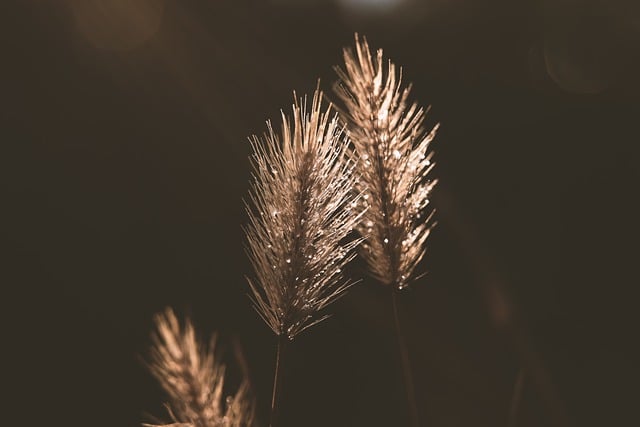THCA (Tetrahydrocannabinolic Acid A), a non-psychoactive component of cannabis with potential therapeutic benefits, has gained popularity in Canada, particularly in provinces like British Columbia and Ontario. Its legal status varies by province within the country, where it's recognized for its wellness benefits as an alternative to traditional THC products. Under Canada's federal Cannabis Act of 2018, THCA flower is legal for production and sale when sourced from licensed producers, but its legality at the provincial level ranges from permissive to restrictive. Health Canada is actively researching THCA's potential health effects, which may influence future policy changes. Currently, consumers in some Canadian provinces can purchase THCA flower from licensed retailers or specialized online platforms, while others have more limited access. It's essential for individuals to be aware of their local regulations when considering the use of THCA flower, as its legal status is subject to both federal and provincial laws. The horticultural industry in Canada has taken advantage of its favorable climate and robust regulatory framework to become a significant producer of high-quality THCA flower, catering to both domestic and international markets. This positions Canada as a leader in the global cannabis industry, particularly for those seeking the health benefits of this non-psychoactive cannabinoid.
Discover the intricate world of THCA flower, a natural phenomenon with emerging significance. This article delves into the multifaceted aspects of THCA, exploring its legal status across Canadian provinces, its composition and potential benefits, and the meticulous cultivation practices in Canada that ensure excellence. We will also examine the effects and uses of THCA flower, providing a comprehensive overview for those interested in its place within the legal market in Canada. Join us as we navigate the complexities surrounding this unique floral compound, from field to dispensary shelf.
- Unveiling THCA Flower: A Natural Phenomenon
- The Legal Status of THCA Flower Across Canadian Provinces
- Understanding THCA Flower: Composition and Potential Benefits
- Cultivating Excellence: How THCA Flower is Grown in Canada
- THCA Flower's Effects and Uses: A Closer Look
- Navigating the Market: Purchasing THCA Flower Legally in Canada
Unveiling THCA Flower: A Natural Phenomenon
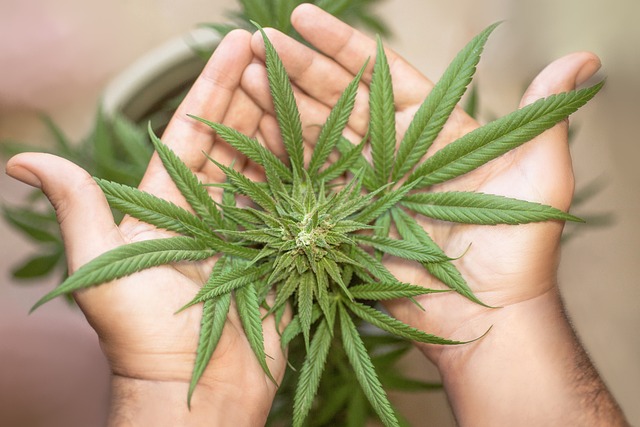
Cannabis has long been a subject of intrigue, with its many compounds garnering attention for their various effects and potential therapeutic benefits. Among these compounds, Tetrahydrocannabinolic Acid A (THCA) stands out due to its non-psychoactive nature yet promising wellness attributes. THCA Flower, which contains the raw acidic form of THC, is gaining recognition within legal frameworks across Canada. In provinces where it’s legal, such as British Columbia and Ontario, THCA Flower is celebrated for its potential health benefits and as an alternative to traditional THC products. The flower exists in a natural state that has not undergone the decarboxylation process which converts THCA into THC, thus maintaining a non-intoxicating profile that can be appealing to a broad range of consumers. This raw form is often preferred for its full-spectrum cannabinoid and terpene profiles, which many believe may offer more comprehensive wellness effects compared to isolated cannabinoids. The legal status of THCA Flower in Canadian provinces reflects the evolving understanding of cannabis’s constituents and their respective roles within the body’s endocannabinoid system. As research continues to unfold, the utilization of THCA Flower in various wellness routines is becoming increasingly mainstream, highlighting the importance of clear regulations that allow consumers to make informed choices.
The Legal Status of THCA Flower Across Canadian Provinces
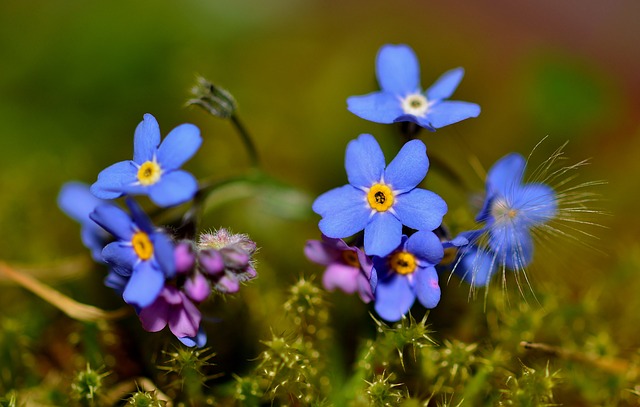
Throughout Canada, the legal status of tetrahydrocannabinolic acid (THCA) flower varies by province, reflecting a complex tapestry of regulations influenced by both federal and regional laws. At the national level, cannabis products, including THCA flower, are regulated under the Cannabis Act of 2018. This legislation federally legalized the production, distribution, sale, and possession of cannabis products derived from licensed producers. However, the specific allowance of THCA flower within each province is subject to provincial regulations, which can differ significantly.
For instance, some provinces like British Columbia and Alberta have more lenient policies that permit the sale and consumption of various cannabinoid-rich products, including THCA flower. In contrast, other regions such as Ontario have more restrictive policies, where only certain forms of cannabis are sold by the provincial government in regulated stores. It’s crucial for consumers to be aware of their province’s specific regulations when considering the purchase or use of THCA flower. As of now, health Canada continues to conduct research on THCA and its potential benefits, contributing to the evolving understanding of this cannabinoid. This ongoing research may influence future policy changes at both federal and provincial levels, further shaping the legal landscape for THCA products in Canada.
Understanding THCA Flower: Composition and Potential Benefits
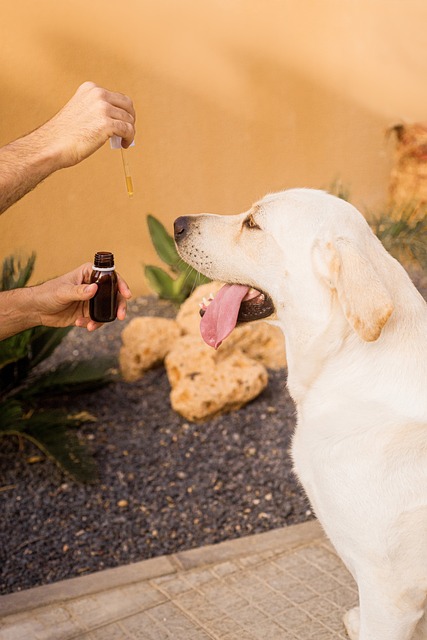
Cannabis enthusiasts and researchers have long been intrigued by the potential of THCA flower, which stands for tetrahydrocannabinolic acid, a natural cannabinoid found in the Cannabis sativa plant. Unlike its well-known counterpart, THC (tetrahydrocannabinol), THCA is non-psychoactive and presents a unique composition that offers distinct properties. THCA is the precursor to THC and is present in raw cannabis plants or when the plant matter has not been exposed to heat, which is necessary for THC to form. The interest in THCA stems from its potential health benefits, which include anti-inflammatory, neuroprotective, and analgesic effects. These properties make THCA a subject of scientific investigation for various therapeutic applications.
In Canada, the legal status of THCA flower varies by province, with regulations governed by the Cannabis Act of 2018. Under this federal legislation, the sale and possession of cannabis products are regulated, and derivatives such as edibles, topicals, and extracts, including those containing THCA, were legalized in October 2019. However, each province has its own licensing and distribution frameworks, which impact how and where these products can be purchased. For instance, in some provinces, consumers can legally purchase THCA flower from licensed retailers for personal use, provided they adhere to the limits set out by law. As awareness of the potential benefits of THCA grows, both the scientific community and consumers are looking forward to further research and regulatory clarifications that will shed light on its full spectrum of effects and its role in the diverse cannabinoid landscape of Canada.
Cultivating Excellence: How THCA Flower is Grown in Canada
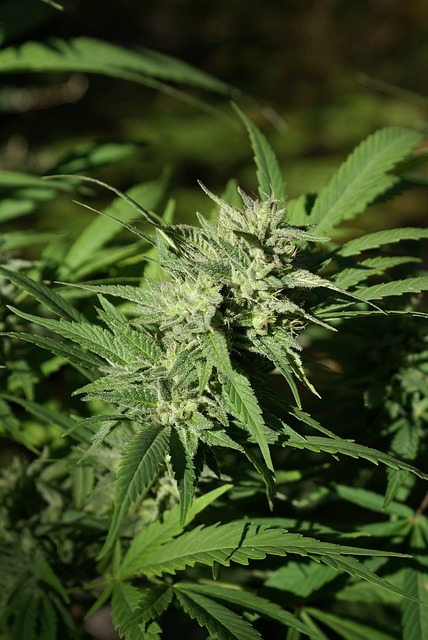
In the vast and varied landscapes of Canada, the cultivation of THCA flower is a testament to the country’s advanced horticultural practices and regulatory framework. The legality of THCA in various Canadian provinces has paved the way for farmers and cannabis entrepreneurs to grow this non-psychoactive compound of the cannabis plant legally. In British Columbia, the favorable climate allows for outdoor cultivation with high yields, while in Ontario and Quebec, large-scale operations thrive under controlled indoor environments. These provincial differences necessitate diverse strategies in cultivation that optimize THCA potency and quality. Canadian growers adhere to strict guidelines set forth by Health Canada’s Access to Cannabis for Medical Purposes Regulations (ACMPR), ensuring a safe and sustainable approach to growing THCA flower. The cultivation process involves careful selection of cannabis strains, precise control of environmental conditions such as temperature and humidity, and meticulous monitoring to maintain the integrity of the THCA crystals, which are rich in medicinal properties. This commitment to excellence has positioned Canada as a leader in producing high-quality THCA flower, meeting both domestic and international demands for this therapeutic cannabinoid. The dedication to sustainable farming practices and adherence to regulatory standards sets Canada apart, ensuring that the THCA flower grown within its borders is not only compliant but also of the highest caliber.
THCA Flower's Effects and Uses: A Closer Look
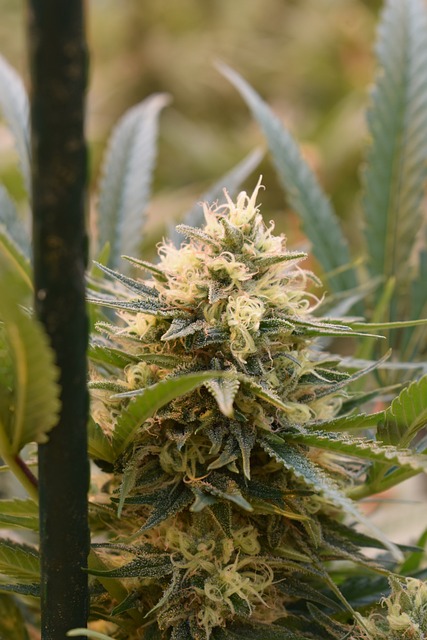
Delta-9-tetrahydrocannabinolic acid (THCA) is a non-psychoactive cannabinoid found in the cannabis plant, which preserves its potential effects when present in flower form. THCA is the precursor to the more well-known psychoactive compound THC, and it holds therapeutic promise that researchers are actively exploring. In Canada, certain provinces have legalized the use of THCA flower for various purposes, aligning with their broader regulations on cannabis. Users often consume THCA flower for its potential health benefits, which may include pain relief, anti-inflammatory properties, and anxiety reduction. The effects of THCA are distinct from those of THC, as it does not induce psychoactive effects. Instead, it is reported to offer a clear-headed high that can be beneficial during the day for tasks requiring focus and clarity. In legal contexts within Canada, where regulations vary by province, consumers have access to THCA flower in specialized dispensaries or licensed retail outlets, ensuring compliance with local laws. The rise in popularity of THCA flower is attributed to its versatility in consumption methods, ranging from smoking to being infused into edibles, and its potential health benefits, which are becoming increasingly recognized within the legal cannabis market in Canada.
Navigating the Market: Purchasing THCA Flower Legally in Canada
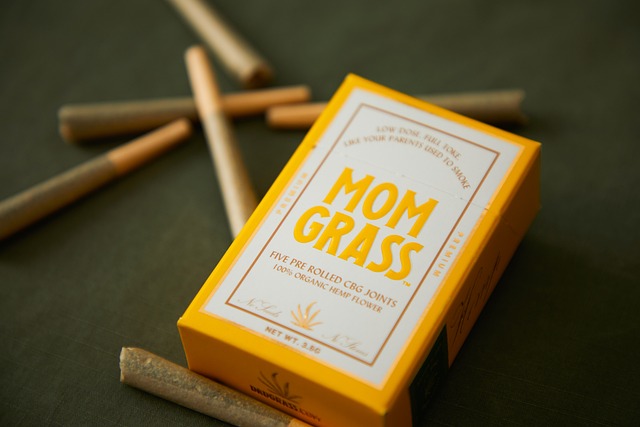
Navigating the market for THCA flower in Canada can be a nuanced endeavor, given the evolving legal landscape across different provinces. It’s crucial to stay informed about the regulations within each province as they dictate the legality and accessibility of THCA products. As of the knowledge cutoff date, THCA, or Tetrahydrocannabinolic Acid, a non-psychoactive cannabinoid precursor to THC, is legally available in certain forms in Canada, including flower, provided it complies with Health Canada’s regulations. Consumers interested in purchasing THCA flower must ensure that the product they are considering meets the regulatory standards set forth by the provincial government they reside in. These regulations may vary from province to province, influencing where and how one can legally acquire THCA flower. For instance, in some provinces, THCA flower can be found in licensed cannabis retail stores, while in others, it may only be accessible through specialized online platforms or direct purchase from licensed producers.
To navigate this market effectively, individuals should prioritize purchasing from reputable sources that are authorized to sell cannabis products, including THCA flower. These sources will provide assurance that the product is not only legal but also safe and of a quality that meets Canadian standards. It’s advisable to verify the specific laws within your province or territory before making any purchases, as compliance with these laws is paramount for both personal use and the prevention of unintended legal consequences. Staying abreast of the latest developments in cannabis legislation will enable consumers to make informed decisions about their THCA flower purchases in Canada’s dynamic market.
THCA flower stands as a notable subject within the evolving landscape of cannabis research and legalization in Canada. This article has explored its natural occurrence, the varying legal statuses across Canadian provinces, its composition and the potential benefits it offers, and the meticulous cultivation practices that enable its growth. As THCA continues to garner attention for its non-psychoactive properties, understanding its effects and uses becomes increasingly important for consumers and healthcare professionals alike. Prospective buyers in Canada looking to engage with THCA legally can do so by staying informed of provincial regulations and purchasing from licensed retailers. The insights provided herein underscore the importance of responsible cultivation, consumption, and regulation as this natural phenomenon takes its place in the wellness and pharmaceutical arenas.
